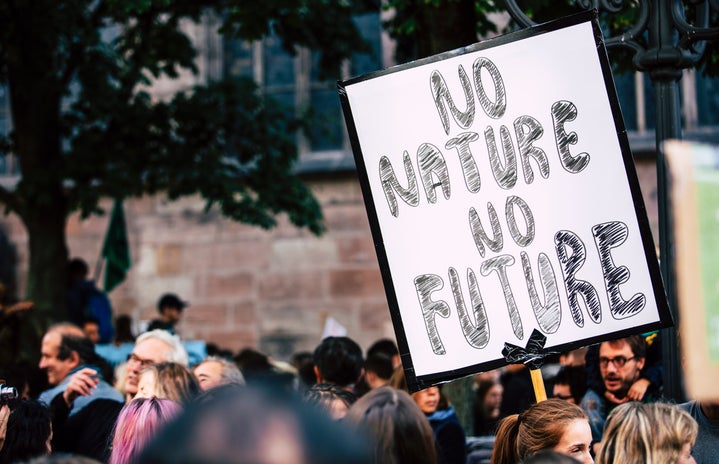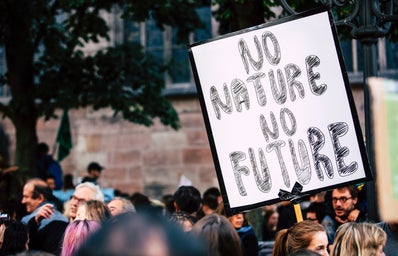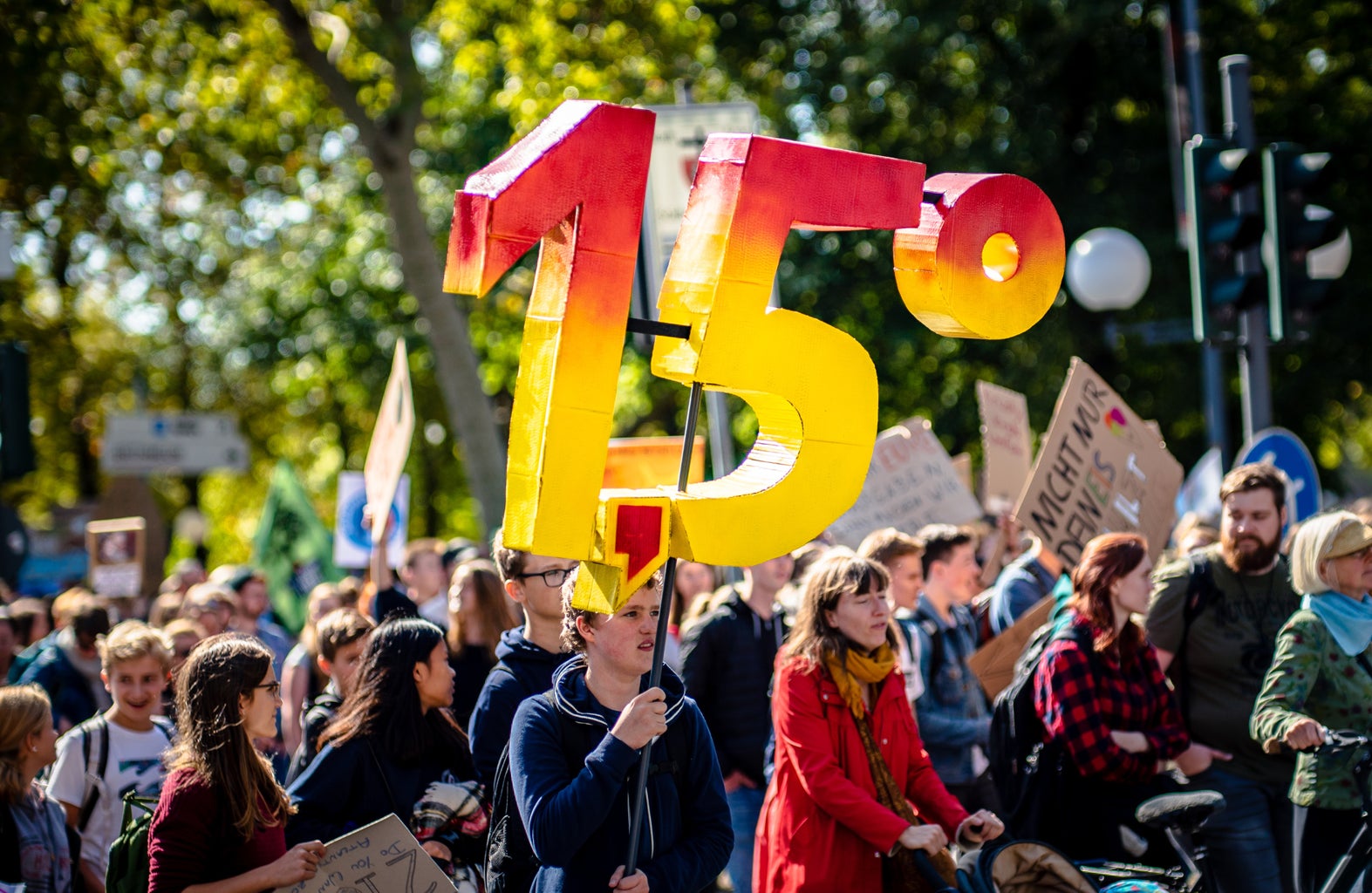In the wake of the Sixth Assessment Report on climate mitigation from the Intergovernmental Panel on Climate Change (IPCC), scientists around the world are protesting. The Smithsonian reported that over 1,000 scientists from 25 countries have staged protests in the last couple of weeks. These protesters are known as the Scientist Rebellion. As the news coverage of NASA climate scientist Peter Kalmus chaining himself to the JP Morgan Chase building gains heavy traction and attention, the real, proven impending doom of our climate has been brought to the forefront.
According to the Smithsonian, the IPCC report on climate change warns that “rapid and deep” cuts to greenhouse gas are essential for staying at or below 1.5 degrees Celsius (2.7 F) of global warming. If climate policies are not passed or considered in time, the report projects that greenhouse gas emissions will heat the planet by about 3.2 degrees Celsius (5.76 degrees F) by the turn of the new century. If Earth’s warming surpasses these limits, climate scientists are and have been warning that severe effects are likely to occur.
There are several steps in achieving the 1.5 degrees goal. Global emissions need to peak in 2025 at the absolute latest. By 2030, carbon emissions must be reduced by half and methane reduced by a third. The goal requires hitting net zero emissions by 2050. Emissions must hit net zero by 2070 to keep warming below two degrees C (3.6 degrees F). The report clarifies that with only 2.5 years left before it’s too late, we’re nowhere near limiting global warming to the goal temperature. We’re on track for more heat.“It’s now or never,” IPCC Working Group III co-chair Jim Skea states. “Without immediate and deep emissions reductions across all sectors, it will be impossible.”
This more than 3,000-page report and its 278 authors across 65 countries show that greenhouse gas emissions are at their highest in all human history. The report’s grim findings are why United Nations secretary-general António Guterres has called it a “litany of broken climate promises” and a “file of shame cataloging the empty pledges that put us firmly on track towards an unlivable world.” IPCC Chair Hoesung Lee advises that effective policies, regulations and market instruments should be scaled up and applied more widely and equitably. This way there is a fighting chance in achieving emissions reductions and stimulating climate crisis mitigation innovation.
The Scientist Rebellion argues that current mitigation actions and plans are not doing enough or quick enough, calling them “grossly inadequate.” This group’s protests have a pronounced purpose: to “highlight the urgency and injustice of the climate and ecological crisis.” In the American headlines of this rebellion is Peter Kalmus. He recently chained himself to the doors of a JP Morgan Chase bank in Los Angeles. He cried out, “We’re going to lose everything.” Scientists have been warning the world about irreversible global warming and climate disaster for decades now. Kalmus protested because he was fed up with scientists being ignored. It was reported that Kalmus and his fellow protesting scientists were met by 100 police officers in riot gear and were subsequently arrested.
While one scientist went viral for his courage and harrowing message, the Scientist Rebellion is an international movement. They’re all protesting their country’s governments and businesses that have detrimentally hallow climate mitigation promises.
The Rebellion was formed by Ph.D. students in Scotland who were inspired by the Extinction Rebellion. In Washington, D.C., Scientist Rebellion protesters chained themselves to the White House fence. In Spain, they threw fake blood over the National Congress. In Panama, they protested at various embassies. In Germany, they glued themselves to a bridge. In Malawi, they held a teach-in at Lilongwe University of Agriculture and Natural Resources. They protested at COP26, the 26th United Nations Climate Change conference held last year.
These scientists explain that they have a profound responsibility to take leadership and bear all the truths of this climate crisis. Yet, they are experiencing themselves failing. Conservation scientist at the University of Kent Charlie Gardner says, “If we say it’s an emergency, we have to act like this.”
Want to see more HCFSU? Be sure to like us on Facebook and follow us on Instagram, Twitter, TikTok, YouTube and Pinterest!



